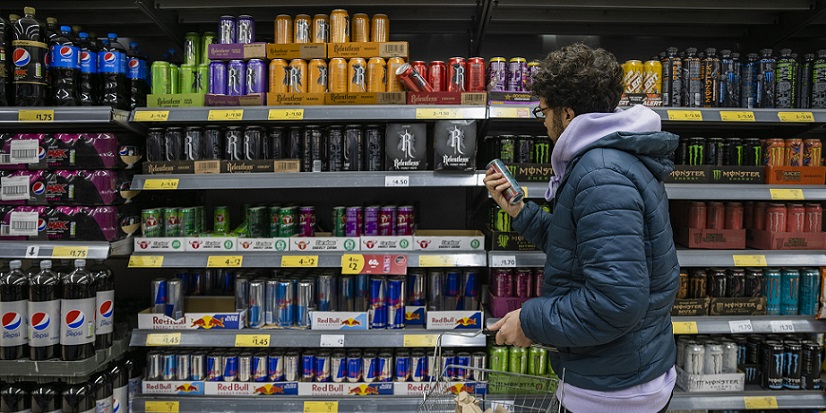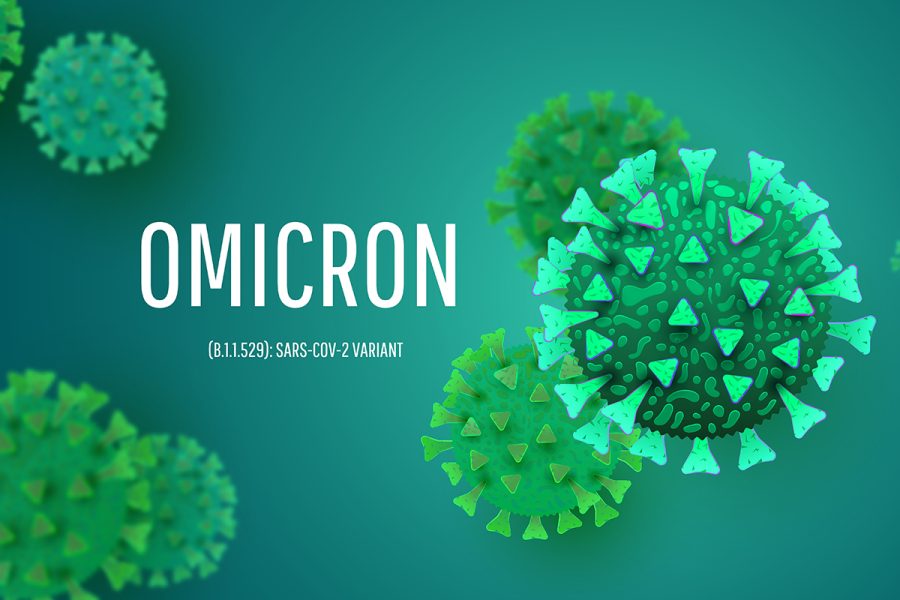Energy drinks have become a very popular go to for people looking for a quick boost in energy, especially among teens and younger adults. With cool branding and a promise of increased focus, it does come with consequences.
The high caffeine and sugar contained in energy drinks can lead to physical dependence. Many people report headaches, irritability, and fatigue when they stop consuming these energy drinks, signaling symptoms of withdrawal.
Addiction can develop quickly due to the consistent consumption of these highly stimulating drinks. As your tolerance increases, you will often feel the need to drink more just to feel the same effects.
Health risks associated with long-term energy drink addiction include heart palpitations, high blood pressure, and sleep disorders. These risks increase more and more when drinks are consumed in large amounts or mixed with alcohol.
Mental health can also take a hit. Anxiety, mood swings, and even depression have been huge add-ons to consistent caffeine intake from energy drinks.
Younger people are the most vulnerable because their developing brains are more sensitive to stimulants. Marketing strategies may try to target this age group in particular, increasing addiction and increasing their sales.
Although breaking an energy drink habit can be tough, especially without support, but it can be done. Gradual reduction, hydration, and alternative energy sources, like exercising or sleep are helpful in overcoming dependence.
Raising awareness about the dangers of energy drink addiction is very important. Education, better labeling, and regulation can reduce the risk of addiction and promote a healthier lifestyle.












